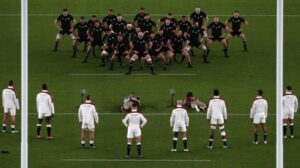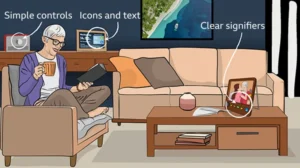Why Slot’s Liverpool still have a lot to learn – Benitez
Ex-Liverpool manager Rafa Benitez explains how new Reds boss Arne Slot will learn about the character of his side, for the times they need it most.


When Arne Slot says people should judge his Liverpool side in a few weeks’ time rather than now, it makes total sense to me.
At this stage, he is still finding out about his players himself – and they are also finding out about him too.
Right now, with the way Liverpool have started the season so well, they can see that they can win every game – which will be an extra motivation for them with some difficult fixtures ahead, starting against Arsenal on Sunday.
But there are other things for everyone to learn about each other, that become important at the end of the season if you want to win things.
I am talking about character, and the ability to deal with adversity and come through it, that gives you the belief you can do it again.
I found that out myself 20 years ago, when I was just beginning with Liverpool, the same way Slot is now. I’d taken charge in the summer of 2004, so I was also just a few games in.
The inspiration for Istanbul?
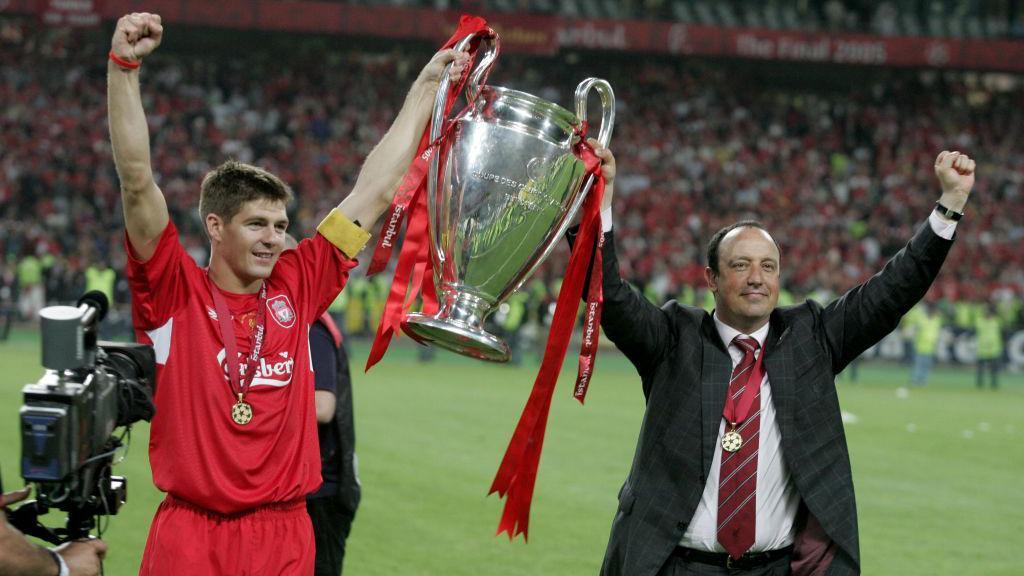
The difference with the Liverpool team I inherited was that they were not in the best position in the table. They had just finished the previous season 30 points behind the champions, Arsenal.
Slot has done a fantastic job so far, but he had a very good team to build on when he arrived.
It was not the same for me. We had brought some new players in already – Luis Garcia, Josemi and Xabi Alonso had all signed in the summer – but we were just starting to build a new team, and we had a few mixed results in the first weeks of the season.
Through that adversity, though, we grew a lot. A good example came at the exact same stage of the season that Liverpool are at now, when we came back from 2-0 down at half-time to beat Fulham 4-2 in the middle of October.
I know some Liverpool fans see this win as significant because of what happened in Istanbul at the end of the season, when we were 3-0 down to AC Milan at half-time in the Champions League final, but came back to win on penalties.
But by the time we got to Istanbul, I’d had lots more time with the players – I knew a lot more about all of them, and they also knew more about me. Together we knew how we could react, and how we could change things if they were going badly.
Against Fulham, they were not my players who started the game, apart from Josemi and Luis Garcia, so the difficulty there was to have everyone working together with an idea, to try to change things.
But we did it, and it became a key point of the character of the team – that they had this mentality where they could react, they could compete and they could be better, whatever the situation.
‘They will believe they can beat Arsenal’
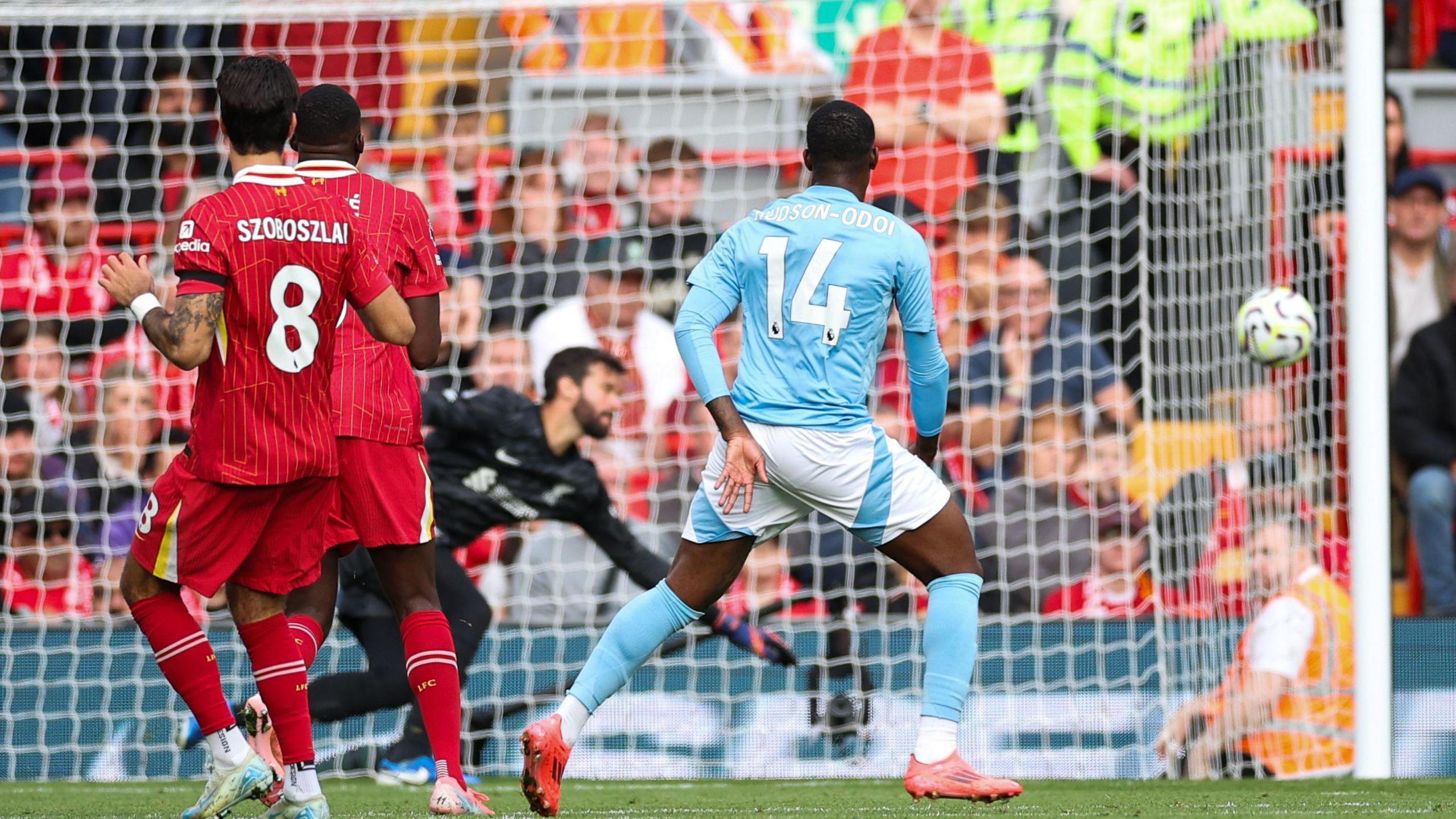
We don’t know yet how this Liverpool side will react to adversity under Slot, but I have been impressed by what I have seen so far.
Just because they have not been behind for very long in any of their games, does not mean they have not reacted and changed things during them, either.
As well as watching them against Chelsea for MOTD2 last weekend, I was at San Siro as a Uefa technical observer to see their Champions League win over AC Milan in September. Both times, they were very competitive.
They have been playing with great intensity all these years under Jurgen Klopp and it is very difficult to alter that straight away. Also, as Slot has said himself, it would be crazy to change it immediately.
So, he is keeping the good things Klopp had and, at the same time, he is giving them a little bit of defensive balance and organisation, which allows him to change their approach when he needs to.
Against Chelsea they were dropping off a little bit more, but they can still press high. Similarly, they can play penetrating passes forward, or they can use the wide areas and attack with the wingers overlapping.
Slot is giving the team more tools, to be sure they can react and adjust depending on the opponent – or so they can impose their own way to play, because if they are much better than the other team they can control possession in the opposition half, and try to find ways to create chances.
Overall, I think they have more balance and if they can continue to carry a threat in attack then we have already seen that they don’t concede too many goals. Put that together, and it is the key to being successful.
They are definitely on the right path, and in a good place to go to the Emirates on Sunday. Beating Arsenal will be a good challenge and a difficult test, but I think they have the belief that they can do it, and that is the main thing.
This video can not be played
To play this video you need to enable JavaScript in your browser.
‘I would tell the players the fans had travelled for us’
For me, when we were losing 2-0 at half-time at Fulham, the challenge was to find the right words for each player, and explain how we will need to show our character to get back from this.
The good thing about Liverpool is that the fans are with you in these situations, so they really help the team.
I could always use them to inspire the players, and tell them ‘listen, we have the fans behind us, they have travelled for us’.
I know that is true for lots of clubs – I was lucky enough to have the Newcastle fans behind me the same way during my time there – but with Liverpool it was very easy to use the supporters as a motivation for my players.
Of course their own mentality was important too, and that was another reason we were able to come back against Fulham.
We were not completely together as a team at that stage but everyone, individually, knew they were at Liverpool to do well. All the players wanted to impress, the ones already at the club and the ones I had brought in.
Luis Garcia and Josemi, who started the game, and Alonso, who came on at half-time, had all come to the club to be successful. They had not come to go 2-0 down and then put their heads down, so that was not the way. We already know it is not the way for these Liverpool players, either.
This video can not be played
To play this video you need to enable JavaScript in your browser.
‘It shows the players they are capable of a comeback’
Just like in Istanbul, we scored early in the second half against Fulham and we equalised with 20 minutes to go. Then Josemi was sent off for a second booking but, with 10 men, Alonso put us ahead with a free-kick and Igor Biscan got our fourth before the end.
Seeing their team fight back like that helped the fans connect with the players, and did the same for me too.
As a manager, you have to be a leader by example. Like my players, I am competitive and I want to win. I had come from Valencia, where we had just won the double of La Liga and the Uefa Cup, so I was used to winning, and reacting, against Real Madrid and Barcelona.
So, for me to go to Fulham, and to be losing 2-0 and do nothing? It was not in my DNA. You have to compete and you have to show everyone that you want to win and you are ready for the fight.
By winning like that, you create that stronger connection between the fans and the team and, going back to how it helped us a few months later in Istanbul, it showed the players they are capable of doing it.
They had this character, where they were never beaten, and they had the fans believing they can do it too.
It was just a positive reaction from everyone, but it is not the only way to build belief.
Winning the closer games, like Liverpool did against Chelsea, gives you more confidence, and being in a good position like they are now also helps a lot. They are top and they know it is in their hands to stay there, so it helps the whole team to keep pushing on.
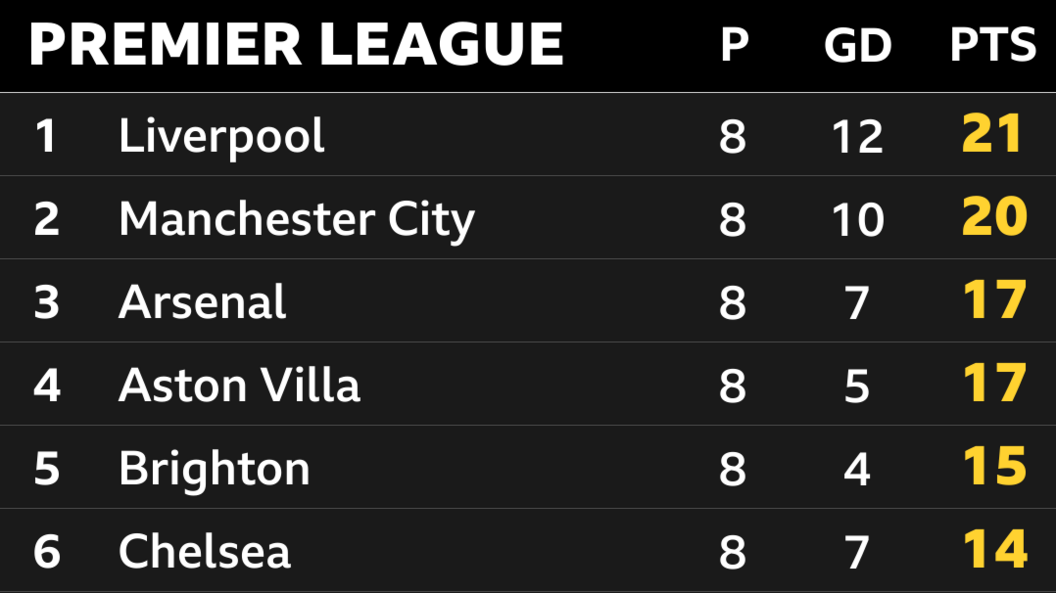
Winning without your big stars
Another big positive from the Fulham win was that we did it without Steven Gerrard.
One of the things we did in Valencia was to rotate players, and I did it with Liverpool too. You have to rotate, when you play two important games every week, or if some of your players have travelled a lot during the international break.
By doing it, you are sending a message to all your players, saying ‘listen, everyone can be important’. It is like I said to Vladimir Smicer in Istanbul – he was not starting but he was still really important, and so it proved when he came on for Harry Kewell early in the game.
I was always sending this message, right from the start: Even if you don’t play, you have to believe that you can be a big part of the success of the team.
That way, you can keep working hard and training hard, and be sure that you are ready. I make the decision who will play, but you all have to be ready.
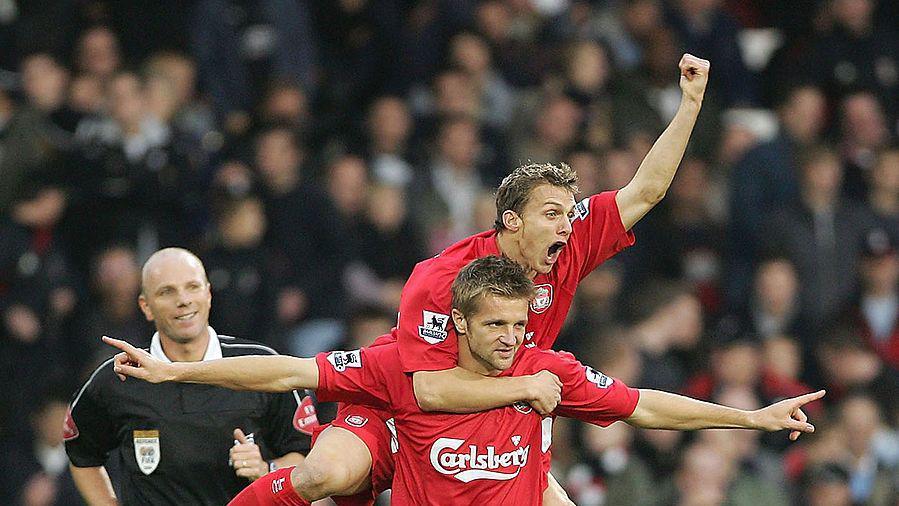
That was something the fans were also learning when we played Fulham – I had left Alonso on the bench which was unpopular, I think – but I was saying that it does not matter if we are missing Gerrard or Alonso, because someone else can come in and do the job.
When the fans and the players believe that, as well as me, then it makes it easier to play against anyone, whatever the circumstances. If not, you would always be waiting and worrying, thinking ‘oh, hopefully Gerrard does not get injured’.
Slot has rotated his team too – look at how he brought Curtis Jones in for Alexis Mac Allister against Chelsea last week – and it gives confidence to every player.
It also gives everyone a little bit of responsibility, and makes them believe that if they work together as a team, they will be stronger, it doesn’t matter if they lose one player.
It’s a good structure to have, because it means they are ready for anything.
‘Having a new manager is not easy for anyone’
I have heard people say that Slot has had an easy start, in terms of fixtures, but I disagree. Like I say, Liverpool have the advantage of having some very good players, and the majority are settled there, but having a new manager is not easy for anyone.
I was reading an interview that Slot gave recently and it was funny because he was talking about the problems he has speaking and understanding English outside of football.
That is exactly what happened to me, and still does now actually!
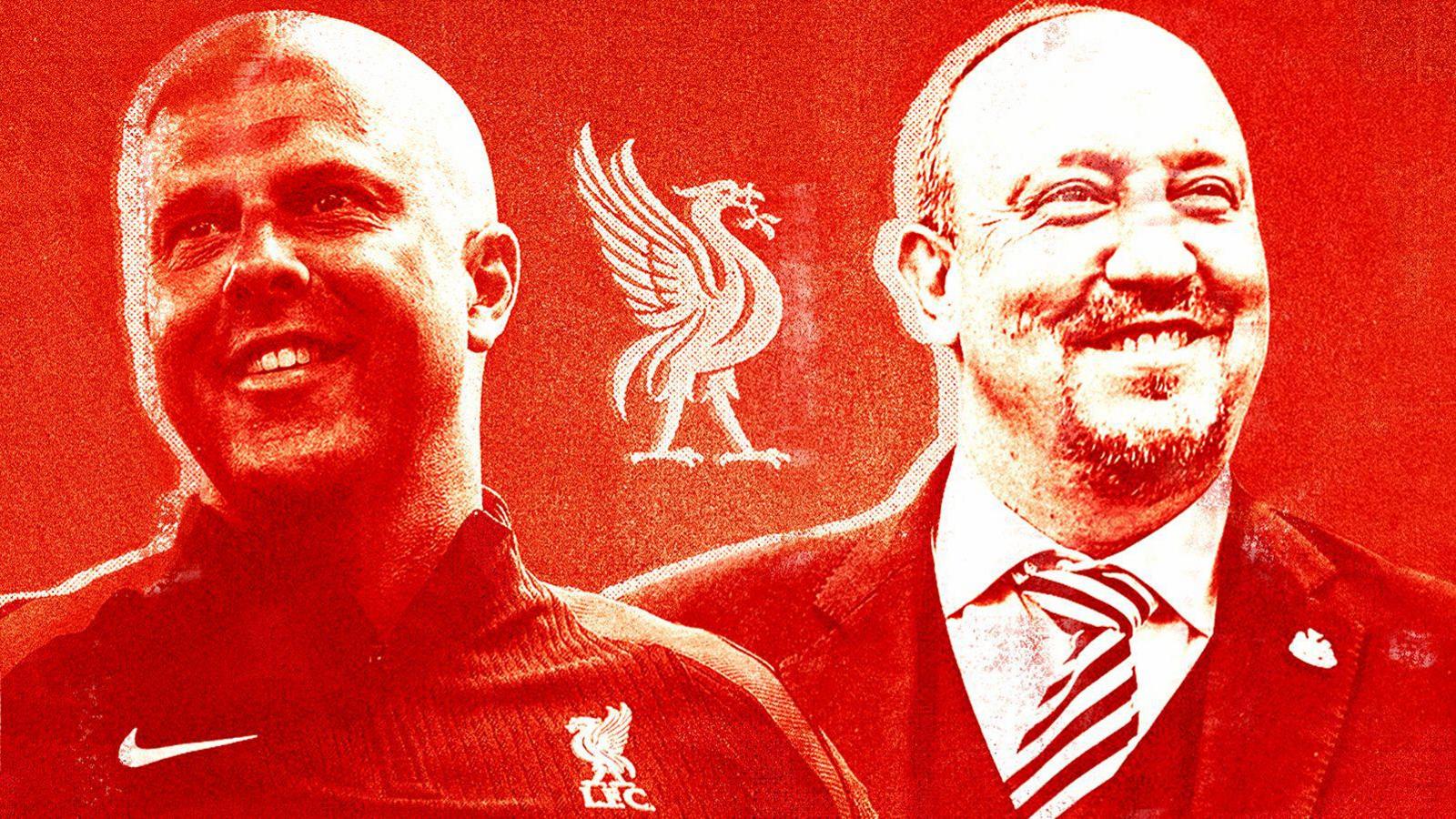
Before I came to England, I would give my team talks with Valencia in Spanish – in Spain at that time, as well as our own players, we had a lot of South Americans – who also spoke Spanish – but we did not have too many other foreigners.
Then, with Liverpool, I had to talk in English, which was not my main language. I had players from all kinds of nationalities, and I needed to find the right words. In football situations it is fine, but outside of football, after only a few weeks you are not settled down at all.
So, if you are not settled down, imagine how your players feel? They are coming from different cultures, different styles of football and then they have a new manager and a new environment and – at the stage Slot is now – also after 11 or 12 games, it is not much time to adjust.
I am sure Slot will have much more knowledge about every individual player in a few weeks, when he has played against all the top teams, which is why he said he needed that time to ‘see where we are’. It will be exactly the same for everyone else, too.
Rafa Benitez was speaking to BBC Sport’s Chris Bevan.

